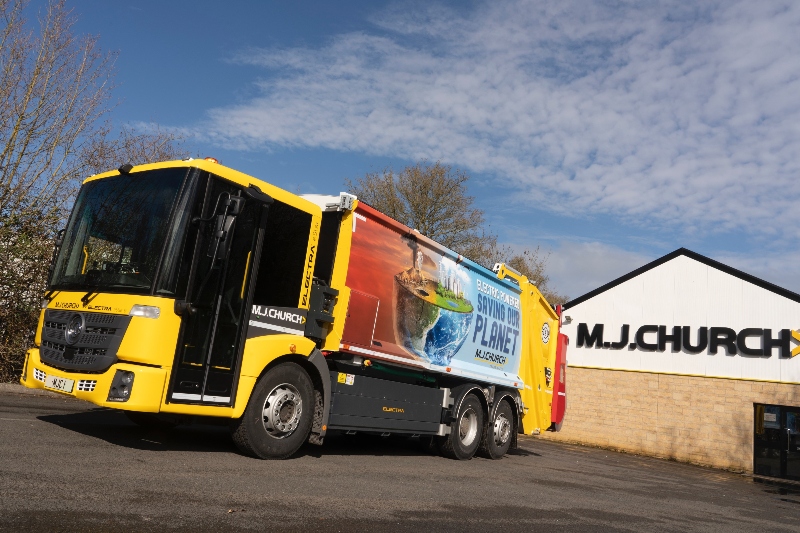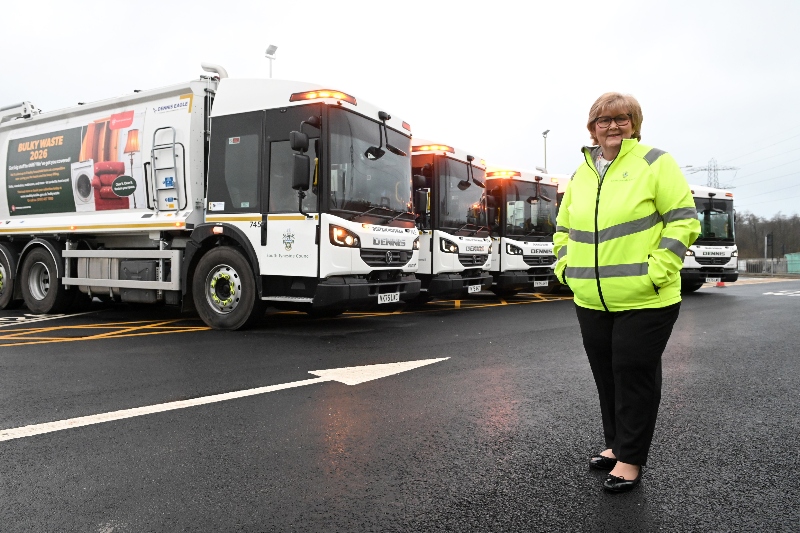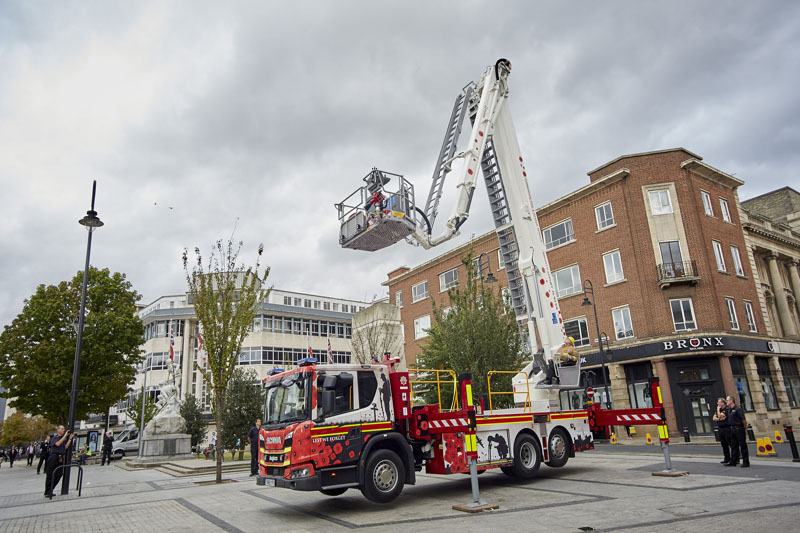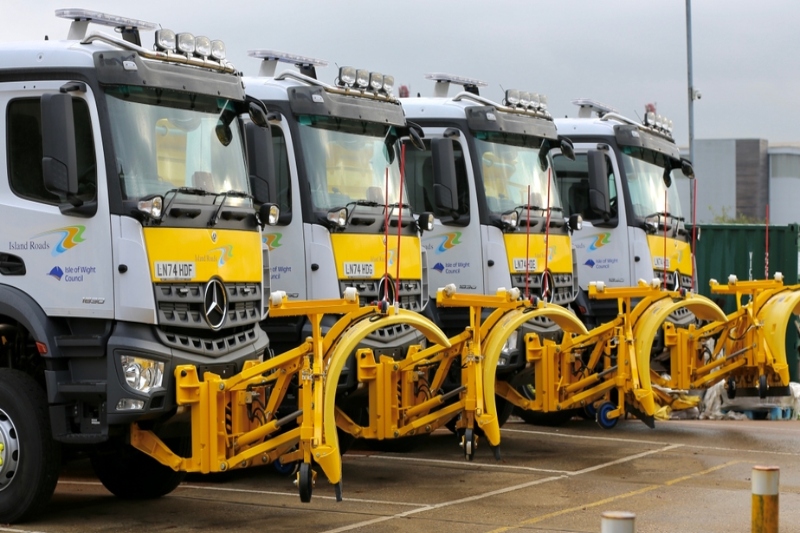Wiltshire-based waste management, plant hire and civil engineering company MJ Church has launched a zero emission all-electric commercial waste collection truck with an investment of nearly £500,000.
 The truck has been designed to be compliant with the new Bath Clean Air Zone (CAZ) and the expected roll out of other CAZs in the region’s urban centres.
The truck has been designed to be compliant with the new Bath Clean Air Zone (CAZ) and the expected roll out of other CAZs in the region’s urban centres.
The truck will serve a wide range of commercial and retail businesses, as well as vital service sector businesses including hospitals, doctors’ surgeries, schools and retirement homes.
MJ Church has worked with Electra Commercial Vehicles to create the truck, a dedicated manufacturer set up in Blackburn, Lancashire. They specified a 10-hour operating shift range and an electrically-powered hydraulic lifter, packer and compactor into the design, which can lift large commercial bins, empty them into the hopper, compact the refuse and then subsequently eject it. This demands a lot of power and that puts a significant demand on the batteries.
It has been calculated that the truck saves six tonnes of CO2 going into the atmosphere each year. To offset this 36 trees would have to be planted each year for every diesel truck that remains on the road. This means on the life cycle of a truck over seven years more than 252 trees would have to be planted, or 2,520 trees for a fleet of 10 trucks.
‘We are delighted to be launching this revolutionary vehicle today, which will make a significant contribution to cleaner air for local people whilst guaranteeing an excellent level of service at lower costs for businesses in Clean Air Zones as they get rolled out across the region,’ commented Tom Church, director of MJ Church.
‘Emissions levels in urban centres are a serious issue – it goes way beyond business. Nothing is more important than peoples’ health,’ Mr Church continued.
‘We have been watching this issue develop over the last few years and as awareness has increased, so the pressure for meaningful change has increased with it. It has been apparent to us for some time that establishing low emissions zones in cities is simply the right thing to do and has therefore become inevitable.
‘We provide waste collection services to businesses and organisations in cities and towns throughout the region. We took the view that it would not only be irresponsible of us to continue to add to the problem by ignoring it, but it would also be a failure as a business not to be able to lead the way in investing in the technology that solves the problem and enables our customers to have their waste collected with a minimum of disruption and without incurring the financial penalties associated with low emissions zones.’
‘Most businesses do have a sense of social responsibility and see themselves as vital parts of their communities. They want to operate sustainably and create as little negative impact on their environments as possible,’ Mr Church concluded.
‘By making this investment we do have significant initial costs to bear, but we do know that we are absolutely doing the right thing as a business ourselves and on behalf of all our customers and we know that this will bear dividends in many different ways in the medium and long term.’






